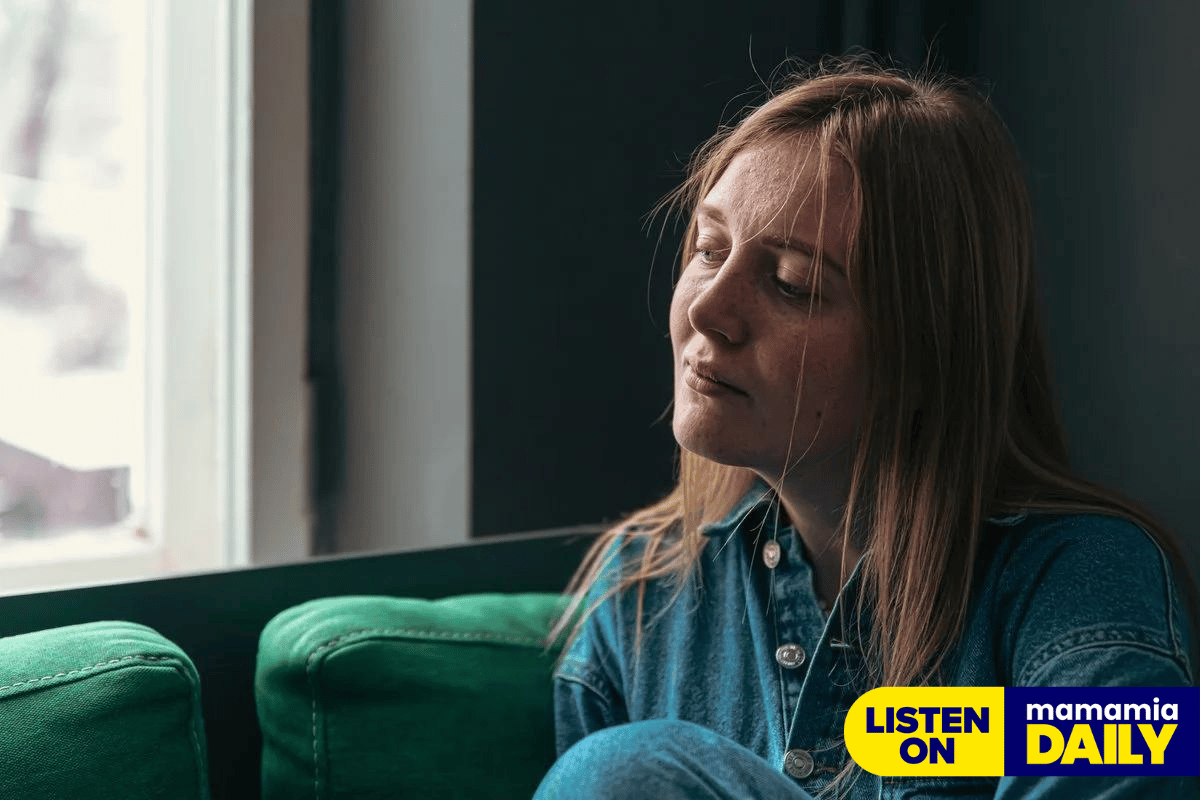
Listen to this story being read by Katie Stow, here.
The author of this story is known to known to Mamamia but has chosen to remain anonymous for privacy reasons. A stock image has been used.
My mother died in January. It's been nine months and I haven’t cried yet.
No, I’m not cold or heartless or, worse, a sociopath. Her death was expected as she had had a long battle with breast cancer. Her death was a release from her pain. But this is not why I haven’t cried yet.
The fact is, I may never cry because I have grieved my mother for a long time, and it is not because of the knowledge she had terminal cancer; it is because I lost my mother a long time ago for a very different reason.
Ambiguous or unconventional grief is when you grieve someone who is still alive. This can happen for many reasons such as grieving someone with dementia or a brain injury. The person is no longer the same person you knew. However, my unconventional grief is for an unconventional reason. My mother stopped being my mother due to the impact of coercive control and how it can change a person’s identity at a profound level.
To understand how this happened I will need to explain.
Watch: Coercive control is a deliberate pattern of abuse. Story continues after video.

Top Comments